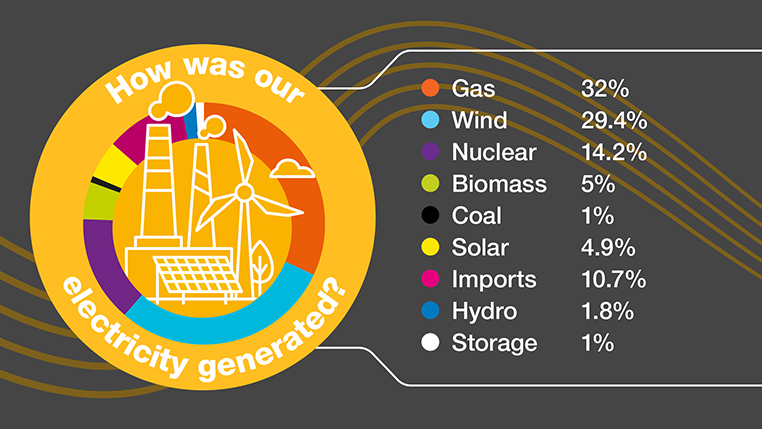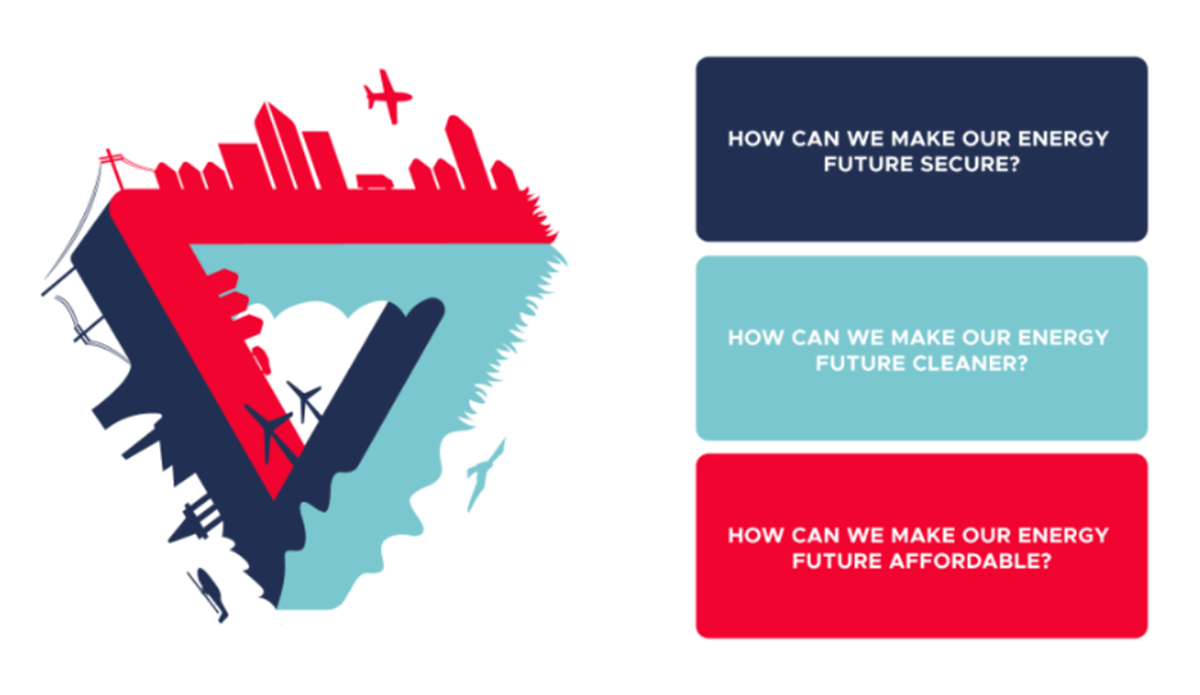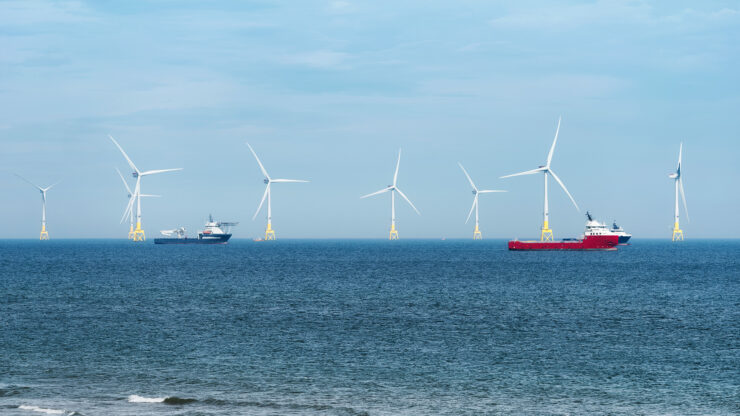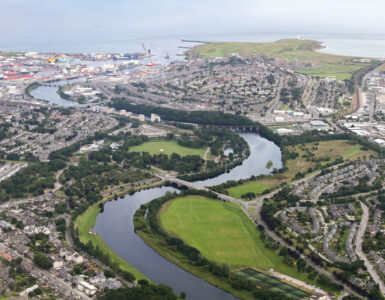On 4th July, 2024, the UK elected a new government after 14 years. Within their set policies and plans, is the creation of a new, publicly owned power company, Great British Energy or GB Energy.
But, what is this, and how is it different from what we currently have?
What is Great British Energy and how will it work?
GB Energy is an idea proposed by the new government in their list of policies and plans. Whilst it is yet to be developed, the aim is to:
- Reduce household energy bills.
- Increase the reliability of nationwide energy supplies.
- Create 69,000 jobs in Scotland.
- Increase the use of renewable energy.
According to the government, the main priorities of GB Energy will be:
- To invest in newer renewable technologies like floating offshore wind, tidal power and hydrogen.
- Continue developing established forms of renewable energy like solar, wind and nuclear.
- Create community energy projects with councils, cooperatives and smaller energy companies.
How is GB Energy different to what we currently have?
GB Energy looks to focus on developing ‘green’ energy, that is, to generate energy using methods or sources that cause no harm to the natural environment. Our current supply of energy is generated from several sources including non-renewables like oil, gas and nuclear, as well as renewables like wind, hydro and biomass. In 2023, Gas was the largest source of fuel, accounting for 32% of the energy supply. 2023 was also the year of lowest gas usage since 2015.

Inforgraphic: How was our electricity generated in 2023? Source: https://www.nationalgrideso.com/
We can already see our reliance on non-renewable energy decrease and as the development of GB Energy starts, we will see this decrease even further. In the future, we may even see newer technologies like tidal and hydrogen pop up on energy mix infographics like this one.
Why was GB Energy proposed?
Firstly, we need a change to our current system to tackle climate change and reduce the use of fossil fuels. We know that fossil fuels are responsible for emitting carbon dioxide and other greenhouse gases into the atmosphere causing our planet to warm at an alarming rate. The UK government set a target to reduce our greenhouse gas emissions to net-zero (balancing the amount of emissions we release with actions to capture and store emissions) by 2050.
Secondly, we need to change the current way we source energy to always ensure its security and reliability. The war in Ukraine significantly disrupted the worldwide supply of natural gas starting the energy crisis in 2022. Within this energy crisis, the price of gas skyrocketed, whilst the reliability of its supply dropped. Here in the UK, we saw our bills increase 54% and heard warnings of possible blackouts during our colder months.
The energy crisis forced the UK to seriously rethink and look at how the country could improve and become more self-reliant when it comes to energy supply. To do this successfully, we need to consider the energy trilemma.
What is the Energy Trilemma?
The Energy Trilemma refers to finding a balance between three significant challenges when it comes to how we access and use energy in our daily lives.

Infographic: The Energy Trilemma
Those challenges are:
- Security: The ability to keep up with supply and demand to ensure that we can access enough energy where and when we need it.
- Affordability: Reducing the cost of energy for consumers like ourselves, ensuring it is accessible for all.
- Sustainability: To move away towards clean, renewable forms of energy such as solar, wind and hydro and away from using fossil fuels like oil and gas.
This idea of GB Energy is still in the initial stages but has a lot of ambitious goals and targets. What do you hope GB Energy will achieve? Stay tuned…











